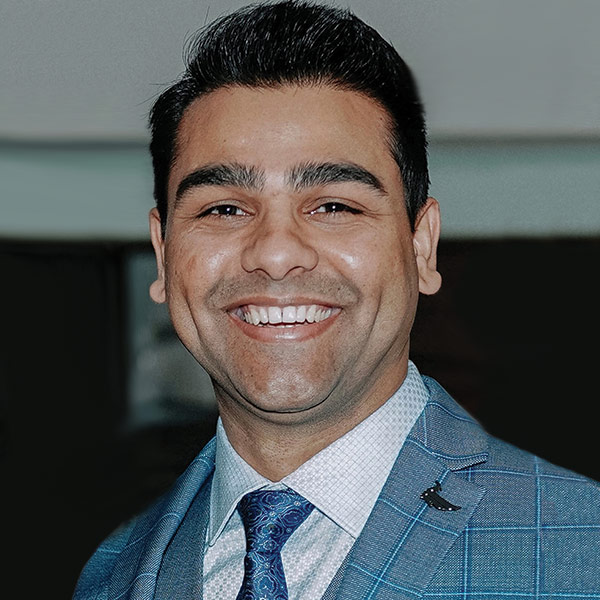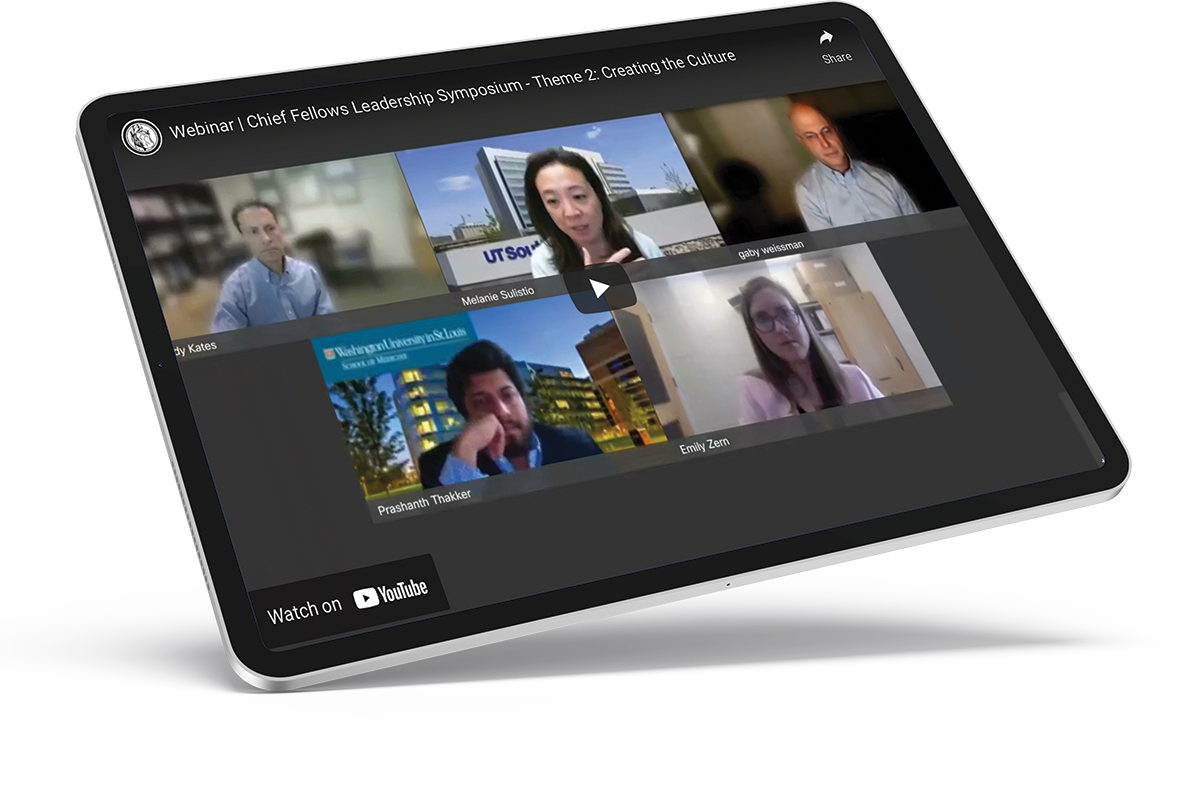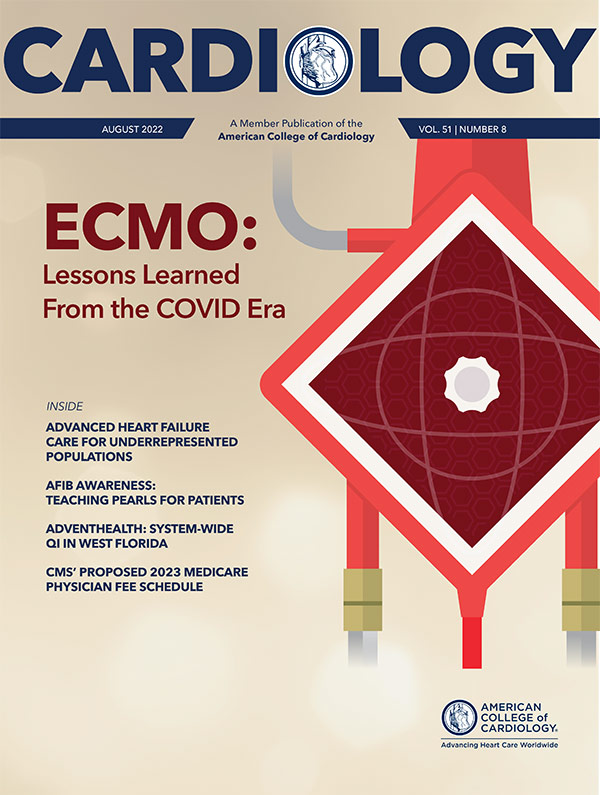For the FITs | Understanding the Application Process For Interventional Cardiology Fellowship

Congratulations on deciding to pursue a career in interventional cardiology! Next up is applying for a fellowship, a one-year training program in catheter-based percutaneous treatment of vascular diseases, primarily involving coronary interventions. Frequently, programs offer an additional year of training in the percutaneous treatment of structural heart disease or peripheral arterial disease. However, the one-year fellowship is accredited by the Accreditation Council for Graduate Medical Education but the additional year of training is not. Three years of general cardiology training are a prerequisite before starting an interventional fellowship.
With advancements in cutting-edge imaging modalities and tools to assess intravascular physiology, the field of interventional cardiology is constantly evolving and striving to provide the best care for our patients. This perfect amalgamation of procedural and cerebral skills makes interventional cardiology unique and exciting.
Hundreds of applicants apply for an average of two to four spots per program per year – a level of competition that requires understanding the process and mapping your strategy.
The Application Timeline
The application cycle usually runs two years ahead of the fellowship starting date and applications are usually due in November or December every year. Therefore, most applicants apply in the middle of their second year of cardiology training, which creates a very tight timeline to work on their curriculum vitae and put together an application while navigating through the challenges of a uniformly busy first year of general cardiology fellowship.
Another notable challenge is the fact that interventional cardiology is not currently a part of the Match process. Thus, there is no uniformity for the timeline to prepare and submit the application and for the review and interviews. Be sure to make a list early for the programs you want to apply to and learn their specific timelines.
Although most programs accept applications via the Electronic Residency Application Service (ERAS), a sizeable number of programs do not. The programs not participating in ERAS invite applications via mail or email sometime between November to December. The interview cycle has moved up over the past few years and now are often conducted in December or January and sometimes may extend to February. It should also be noted that some programs may fill fellowship slots internally without such a declaration on the ERAS, which puts an undue financial burden on external applicants.
All of these inconsistencies in the application process add another layer of difficulty beyond the traditional competitive nature of getting a fellowship training slot in this subspeciality.
Virtual Interviews Bring New Pressures
The COVID-19 pandemic has further exposed what some perceive as an already rigged process for interventional applications. Since the pandemic, almost all programs have been conducting interviews virtually. Although this brings some advantages for the applicant, including not having to travel, miss work or arrange coverage to participate in the interview, it has led to a record high number of applications per spot per program. Adding to this, in order to attract the best candidates, programs are sending interview invitations very soon after ERAS opens, often within a few days to a week. The increase in the number of applications and the push to conduct interviews quickly seemingly make it difficult for the programs to thoroughly review each application and may seem unfair and lacking transparency to some applicants.
A newer challenge for applicants is that programs now expect a response either on the spot or within 24 to 48 hours after an offer is made. This puts applicants in a high-pressure situation as they might have to settle for a less desirable program if they haven't yet had their interview for a more desired program. Applicants, in this case, have to let go of the opportunity to even look at other programs and consider what is best for them in terms of professional, personal and geographical needs before making an informed decision. In fact, this process also puts programs in a stressful situation as those interviewing late in the season might have to choose from a limited pool of applicants who have not taken a spot anywhere yet. Additionally, these programs may have to face many cancellations for interviews if their shortlisted candidates end up taking spots somewhere else.
Virtual interviews also limit the ability for applicants to gain much sense of a program's culture and quality of life for fellows. Similarly, during these virtual interviews, programs may not get a feel for candidates' goals and suitability for the program.
The Way Forward
To avoid this vicious cycle of emotional and financial distress, many applicants prefer to stay in their same fellowship program for interventional training. While some programs like to balance internal and external candidates, many prefer to fill internally if they can to avoid going through this entire process. However, this philosophy to only keep internal candidates promotes implicit bias in the recruitment process and may adversely impact diversity, equity and inclusion, which are critically important to advance innovation in education and human health. Moreover, this is unfair to the applicants who want to explore opportunities outside their current program or those who are from programs that do not have an internal interventional fellowship.
Putting candidates and programs in such high-pressure situations is unfair to many and a huge disservice to the very essence of the education process. It is encouraging, therefore, that the Society for Cardiovascular Angiography and Interventions is leading an effort to ensure a standard timeline, fair opportunity to evaluate programs/candidates and fairness in the recruitment of future interventional colleagues through the participation of interventional training fellowship programs in the Match program.
While I was beyond thrilled to have gotten a spot for interventional training at a leading academic center, I wholeheartedly missed shouting at the top of my lungs, "I MATCHED!"

This article was authored by Abhishek Chaturvedi, MD, an interventional cardiology fellow at Virginia Commonwealth University School of Medicine in Richmond. Reach him at @IAmDoctorAbhi.
ICYMI: Chief Fellow Leadership Symposium
The ACC is the professional home of Fellows in Training (FITs). The ACC FIT Leadership Council continues to work diligently to provide high-yield content and opportunities, including educational webinars, mentorship programs and networking events to improve the experience for FITs during their training.
A recent example is the successful inaugural ACC Chief Fellow Leadership Symposium for rising chief fellows. This four-hour virtual symposium, led by Emily Zern, MD; Hyeon-Ju Ali, MD; Prashanth Thakker, MD, FACC; and Nosheen Reza, MD, FACC, featured lectures, case-based discussions and panel discussions, including a star-studded lineup of medical educators and program directors from across the country.
The four central themes were:
- Leadership Skills for Chief Fellows
- Creating the Culture: A Chief Fellow's Role in Mentorship and Wellness
- Educational Leadership: You Got it All Covered?
- Recruitment and the Chief Fellow's Role in Diversity, Equity and Inclusion
This event set the stage for ongoing discussion among chief fellows on ACC's Member Hub and was an excellent start to a crucial program that will continue to prepare chief fellows to lead for many years to come.
"I feel so much more prepared for my role as chief fellow after attending the symposium," says Arooj R. Khan, MD, chief fellow at the University of Iowa. "The speaker presentations were very insightful. What truly stood out for me were the interactive scenarios. It was very helpful to hear the other chief fellows' perspectives on how they would approach conflicts or difficult situations, which really showed me how there are multiple ways to tackle a situation."
Clinical Topics: Cardiovascular Care Team, COVID-19 Hub, Invasive Cardiovascular Angiography and Intervention, Prevention, Vascular Medicine, Atherosclerotic Disease (CAD/PAD), Interventions and Imaging, Interventions and Vascular Medicine, Angiography, Nuclear Imaging, Stress
Keywords: ACC Publications, Cardiology Magazine, Fellowships and Scholarships, Internship and Residency, Pandemics, Quality of Life, Electronic Mail, COVID-19, SARS-CoV-2, Financial Stress, Goals, Postal Service, Seasons, Heart Diseases, Accreditation, Angiography, Peripheral Arterial Disease, Catheters, Lung, Tocopherols
< Back to Listings



